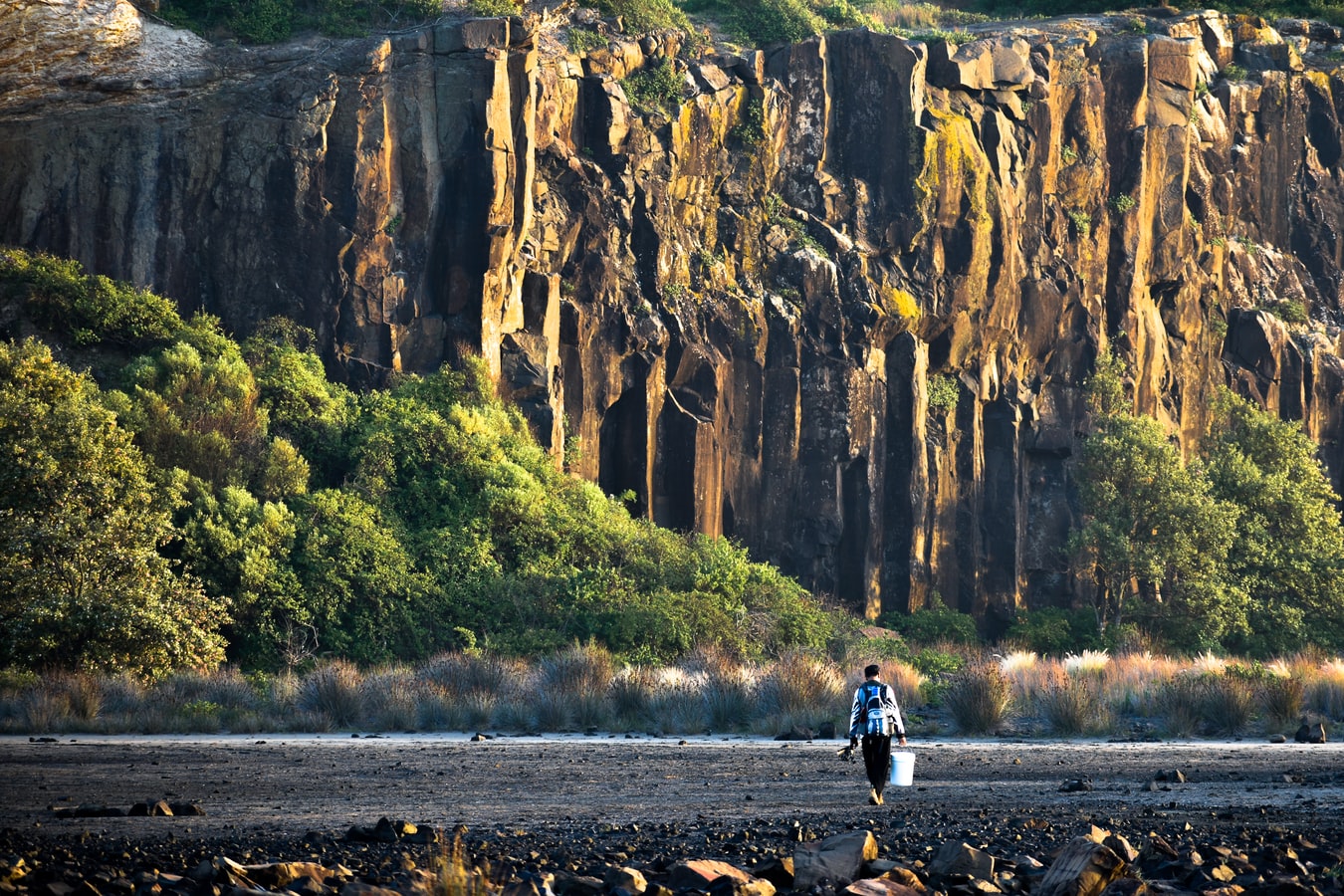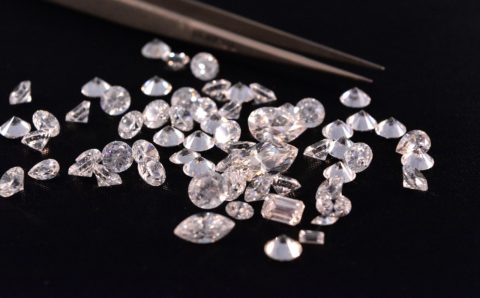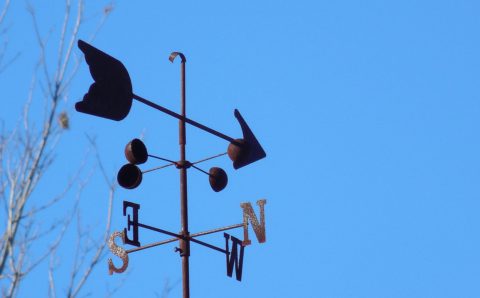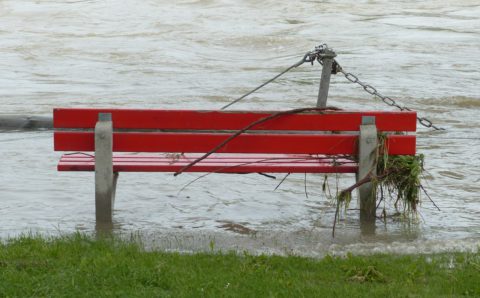One of the harmless hobbies little kids often enjoy is collecting rocks. Some are pretty, others have an interesting shape, and there are even kids who are trading them. As it turns out, this is a valid hobby for adults, too, though for a slightly different reason.
Geology is the study of rocks and minerals that gives us a little bit of insight as to what changes the Earth’s core has gone through over several eons. You don’t have to be a professional geologist to collect rocks – all you need is enthusiasm and a few basic tips.
Equipment
What tools do you need to collect rocks? It’s much easier than you might think, at least in the beginning. You need a hand shovel, work boots, goggles, a brush, and work gloves. That’s it. All of these things are easily obtained in hardware stores. Now, if you are looking for professional equipment, you are welcome to buy some, but we would advise you to make sure you are going to keep pursuing this hobby in the future as well. There is no point in spending a large sum of money for equipment that is just going to sit in your garage.
Clubs
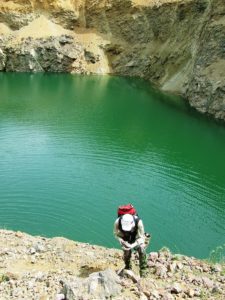
Professional geologists and amateur veterans are a wealth of information regarding the practice and art of rock collecting. It would be a good idea to reach out to them as they would be able to give you tips and tricks. Additionally, you can join a club or, if there are no such clubs in your area, go online. There are many communities where you can discuss your hobby with like-minded individuals.
The reason for reaching out is not simply to give you experience, though that is the main point. There is a code of ethics they can introduce you to, containing valuable rules, like taking the sample without upsetting the natural environment. You can also make connections that would help you later on in life, especially if you are on the lookout for a rare specimen. Talking to people who understand your passion is also a big plus.
Gathering
Rocks are everywhere, which is why this hobby may seem ridiculously easy at first. The truth is that some pieces have to be mined or taken from quarries. If possible, do not go to dangerous areas like that alone. It is much safer to go as a part of a group that can take care of you if things go south.
In addition to picking up rocks and mining them, you can also buy them. Many people are willing to trade their treasures for a chance to get a sample of your own or for monetary gain.
Documenting
It is vital that you properly document each sample. We recommend filing an index card for each sample that has a unique number in your collection, the time you acquired it, the original owner, the type and classification of the mineral, and the locale, or the coordinates, of the site.
Proper documentation is essential for your own peace of mind and creating memories, but also for preserving a bit of history. This info is also a must when you want to trade minerals. When you buy a rock, you need to know where it came from and it is reasonable to assume your potential buyers would want the same courtesy.
Display
It is tempting to display all samples you have collected over the years. However, the wise course of action would be to choose up to a dozen specimens with their index cards ready. You can have multiple displays, but having one that stands out really says a lot about your ability to distinguish between important samples and those that are not.
